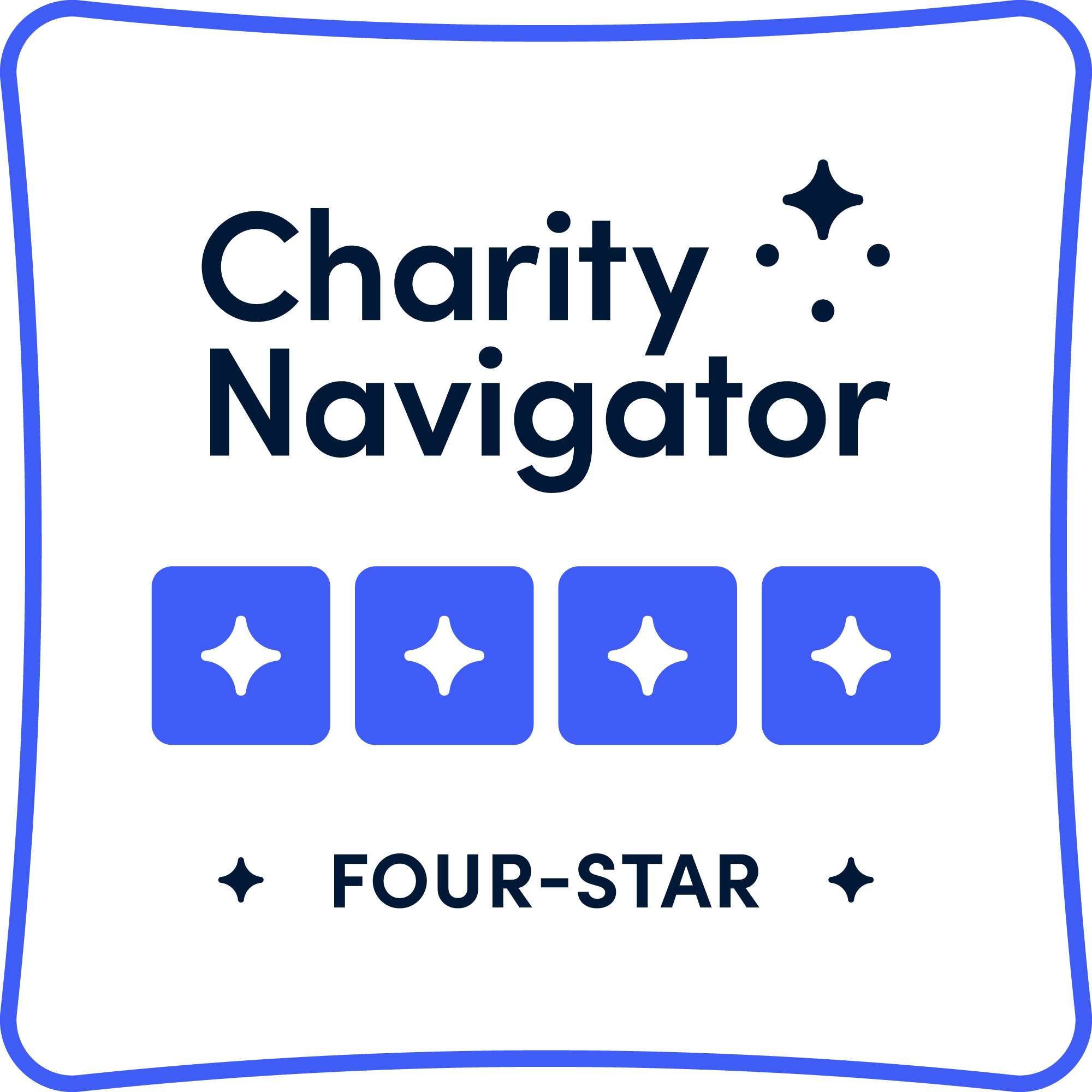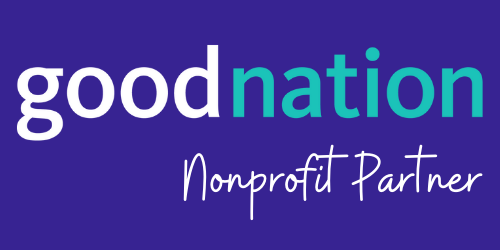Family Planning and Reproductive Health
HIGHLIGHTS
- There may be a gap between people’s desire to space or limit childbirths and use of family planning services
- Many hidden barriers impact behavior, even when services appear readily available
- Thoughtfully changing the way services are provided can help more people use family planning methods
The Challenge
For people around the world, the ability to make choices about having children—whether to have them, when to have them, and how many to have—depends on a wide range of factors. Cultural norms, local health policies, identity, community dialogue, and individual method experience, to name a few, all shape how women think about family planning and use contraceptive methods. While the global efforts to improve family planning and reproductive health (FPRH) services have made great strides, there are still many people who do not use family planning services even when they want to avoid pregnancy. The result is high rates of unplanned pregnancies and unsafe abortions that impact the health and financial wellbeing of families around the world. What explains the gap between people’s desire to space or limit childbirths and their use of FPRH services? How can we support women to achieve their reproductive goals? Our work is focused on finding new answers to these tough questions.
Our Approach
We use behavioral science to develop innovative solutions to make FPRH services more effective in responding to women’s needs. We’ve designed dozens of novel solutions across 8 countries aimed at solving different aspects of this challenge. These solutions have focused on adolescents and youth, post-partum and other adult women, health providers, and male partners. We work closely with our partner organizations, local governments, and most importantly the women we seek to serve to ensure that solutions are effective, feasible to implement, sustainable over time, and responsive to the needs of stakeholders.
Projects include:
- Gamifying group family planning counseling to support a woman’s informed choice in Malawi (Read more here)
- Leveraging peer support through a refer-a-friend program to facilitate service uptake among Ugandan adolescents
- Shifting risk perceptions among adolescent girls in Burkina Faso through a behaviorally-informed board game played in schools (Read more here)
- Bringing family planning support outside the clinic with home reminders and interactive voice response technology for garment workers in Bangladesh (Read more here)
- Building men’s support for family planning and confidence to discuss it with their partners through an interactive game in Uganda
- Behaviorally optimizing integration of immunization and family planning services for postpartum women in Senegal (Read more here) and Ethiopia (Read more here)
- Facilitating provision of comprehensive post-abortion family planning counseling in Nepal through peer comparison (Read more here)
- Closing the gap of unintentional discontinuation of injectables in Ethiopia through provider-facing solutions (Read more here)
- Supporting community mobilizers in Uganda to respond to misconceptions and concerns about contraceptive methods
- Modifying health service offerings to facilitate family planning usage among adolescents in Senegal (Read more here)
- Increasing redemption of e-coupons for reproductive health services through text messages in Uganda
- Building behavioral design capacity among FPRH service providers across East Africa (Read more here)
By applying behavioral interventions to FPRH services, we hope to help more women and families plan for the future on their own terms.
Interested in learning more about this work applying behavioral science to a crucial social problem? Reach out to us at info@ideas42.org.







